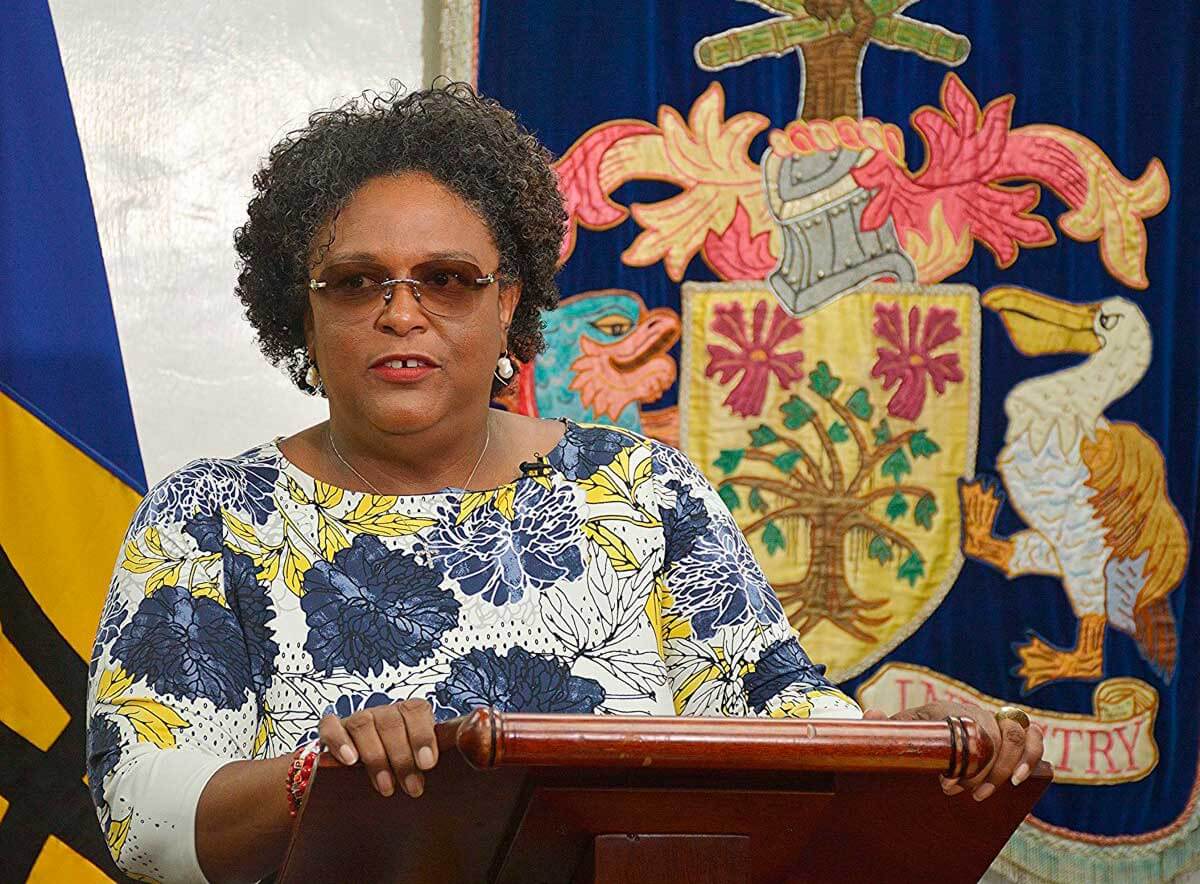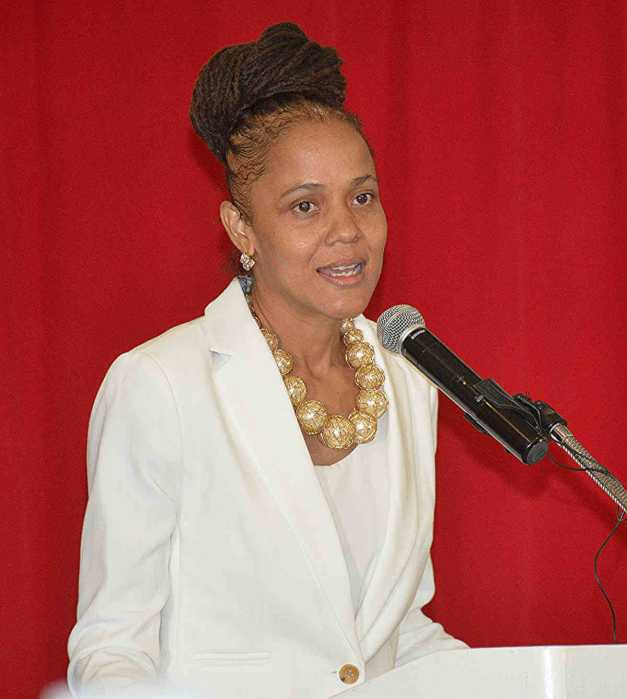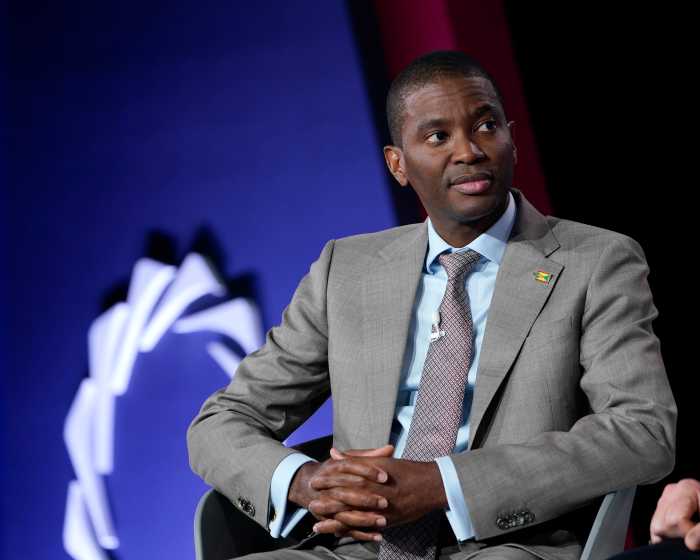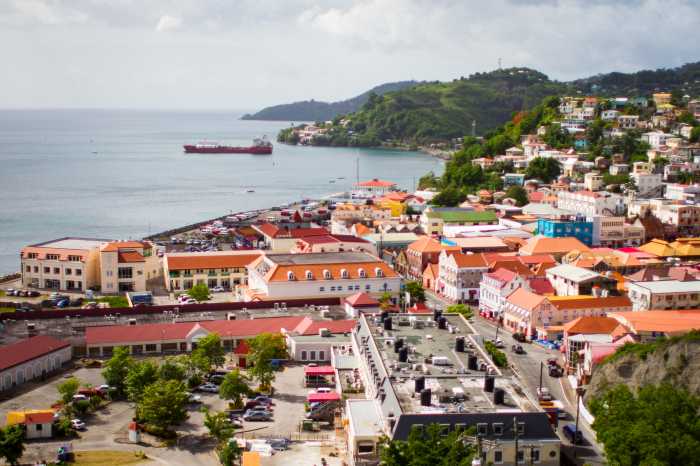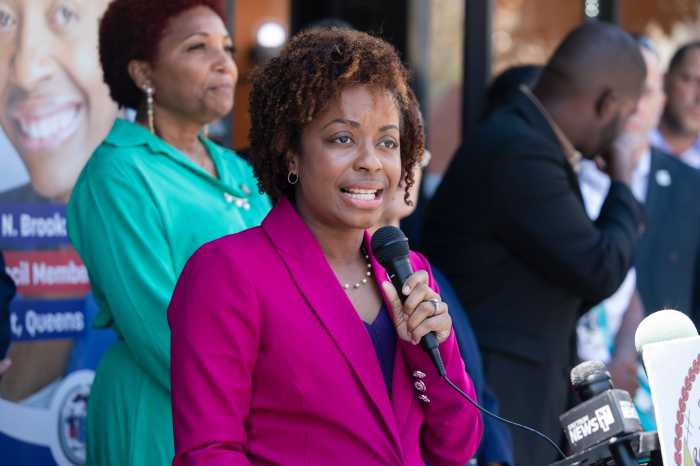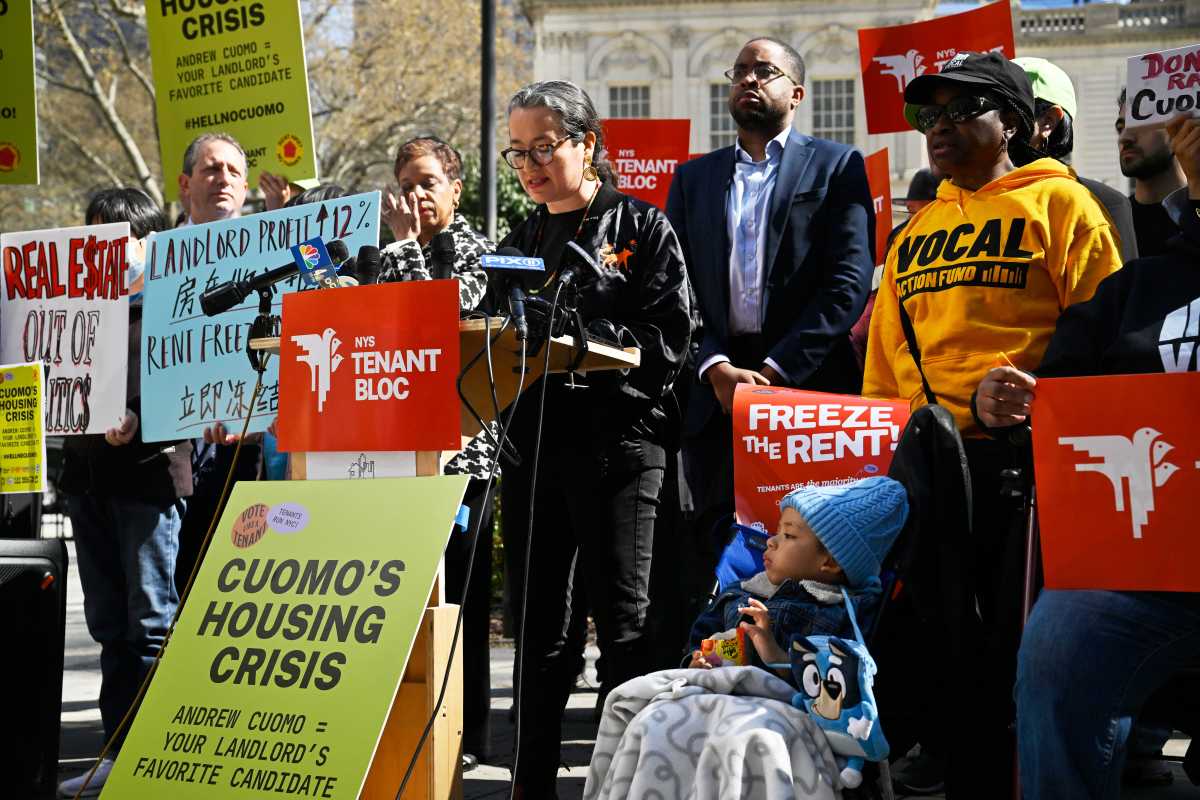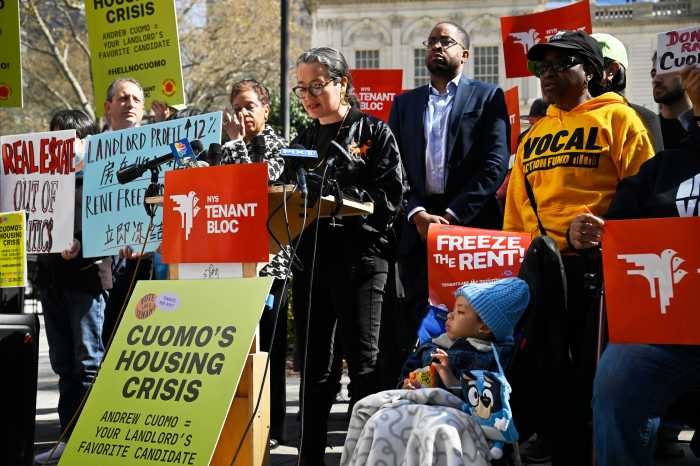Barbados is not leaving the Caribbean Court of Justice now, anytime soon, or at any stage in the foreseeable future, the island’s new Prime Minister, Mia Mottley, assured on minutes after being sworn into office.
A few days before the May 24 elections, former prime minister Freundel Stuart had said he will be taking the island out of the CCJ as its final court of appeal, but following her Barbados Labour Party’s resounding victory at the polls Mottley made clear immediately after Governor General Dame Sandra Mason swore her into office Friday that so such thing will happen.
Rejecting Stuart’s plan Mottley told media representatives that the CCJ is “one of the best examples of independence” in a court across the world.
“I had as attorney general the responsibility for chairing the preparatory committee. I went the length and breadth of the Caribbean, selling the Caribbean Court of Justice, from Jamaica in the north right down to Guyana in the south,” the new Barbados leader recalled of her time in an earlier BLP government that pushed for the formation and acceptance of the CCJ as a Caribbean Court of last resort.
Directly conflicting Stuart’s claim that the CCJ has been slow in hearing cases and has heard few for this island, Mottley pointed out, “Barbados perhaps has one of the largest number of cases in the appellate jurisdiction and Barbadians as a rule have seen their rights being protected by the Caribbean Court of Justice and we, therefore, are a strong proponent of it.”
Mottley also shot down any possible suggestions that maintenance of the CCJ poses a financial burden on Barbados and other CARICOM member nations.
“It is not an immediate drain on the treasury because of the manner in which we established it through the Trust Fund. And secondly, it is insulated because it is only the president of the Caribbean Court of Justice who is appointed by the heads of government and that is by unanimity. The other judges are appointed by the regional Judicial Legal Services Commission,” she stressed.
Barbados’ prime minister’s earlier reference to the exceptional independence of the CCJ along with it not being a strain on the island’s treasury directly relates to the fact that the Trust Fund was established through a US$100 million pool of CARICOM states.
That money was invested with the purpose of the court being financed in its entirety from returns on that investment.
The outgoing CCJ President Lord Dennis Byron, had some three years ago reported that the investment was doing so well that it has financed all of the courts monetary needs since its 2005 start of operations without touching the principal US$100 million.
Stuart had several times in the past criticised the CCJ for what he claimed was a bias against Barbados, and his statement on the Saturday, before elections the following Thursday, undertaking to pull the nation out of this court, turned the May 24 poll partially into a referendum on how Barbadians feel about the CCJ.
When voters voted out Stuart’s government last Thursday, not giving his Democratic Labour Party any of the 30 seats of parliament and foisting all on Mottley’s BLP, Barbadians made known their feelings in no uncertain way and Mottley simply obliged by announcing that the island stands firm with CCJ.


